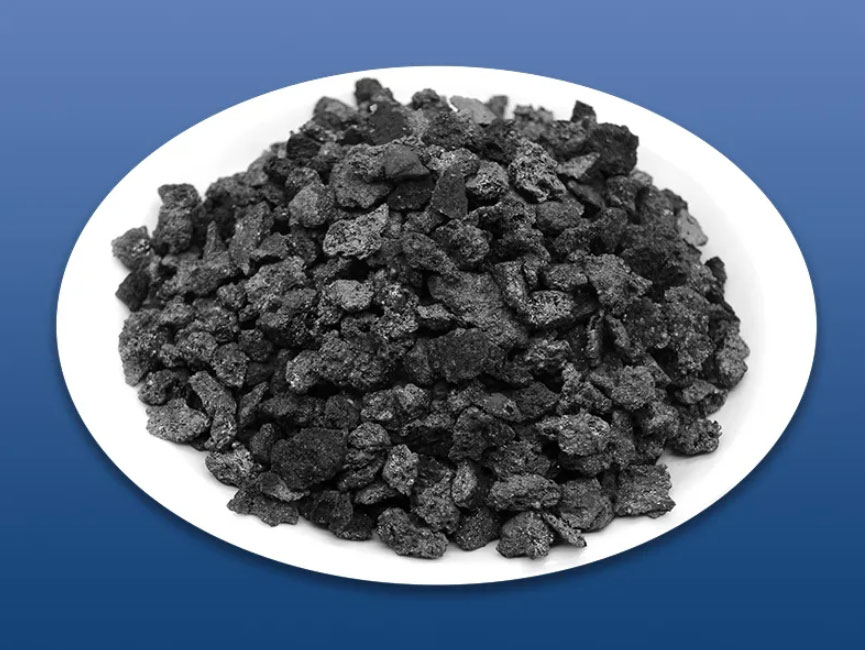
The use graphite oil coke is critical to steel manufacturing as it provides the optimal carbon content during smelting processes. This improves the strength, durability and quality of the final product. It also reduces impurities, and improves thermal conductivity. In this article we will examine the role that GPC plays in the steel manufacturing process and how GPC improves the performance and quality of finished products.
Graphite petroleum coke is a hard, solid petroleum product with a metallic luster that can be produced by atmospheric distillation, vacuum distillation or fluidized catalytic cracking of crude oil. It has high carbon content with low hydrogen and Nitrogen content. Other elements such as vanadium or sulfur may also be present. It is available as granules or needles. High-quality petroleum graphite coke has excellent lubricity. It has very low thermal growth coefficient and is highly conductive at both high and lower temperatures. It is easily graphitized and is an important raw-material for steelmaking in electric arc smelters and artificial graphite.
The graphite coke is heated to 1300°C and undergoes a calcination procedure. This changes the physical and chemical characteristics of the coke. The coke is then used to manufacture pre-baked electrodes and anode carbon paste for electrolytic Aluminum, carbon addictives used in the Carbon Industry, graphite and silicon electrodes in steelmaking, fuel, and many other products.
For a better understanding of the quality of petroleum coal, it's important to examine its morphology. Optical Microscopy can be used to differentiate between the types of petroleum coal. CK-1 is angular, jagged and distorted, whereas CK-2, CK-3 and CK-4 have smoother surfaces without layers. It is possible also to identify a type of petroleum by its chemical makeup, which can be determined through the concentration of hydrogen, carbon, oxygen nitrogen and sulfur.
The use in steelmaking of graphite-petroleum coke offers numerous benefits. These include increasing the strength of finished products and reducing the need to repair and replace them frequently. It also increases the thermal conductivity of the finished product, allowing for more efficient heat transfer and lowering the risk of thermal damage. The increased durability and strength of steel products will ultimately result in significant savings for the customer.
In addition, graphite petroleum coke is a sustainable source of energy that can be produced without polluting the environment. The smelting method produces carbon dioxide, but industry regulations and technological advancements are working to reduce this emission. GPC can also reduce maintenance costs and energy consumption. This makes it a valuable addition to the construction and decoration materials industries.

Write a Message